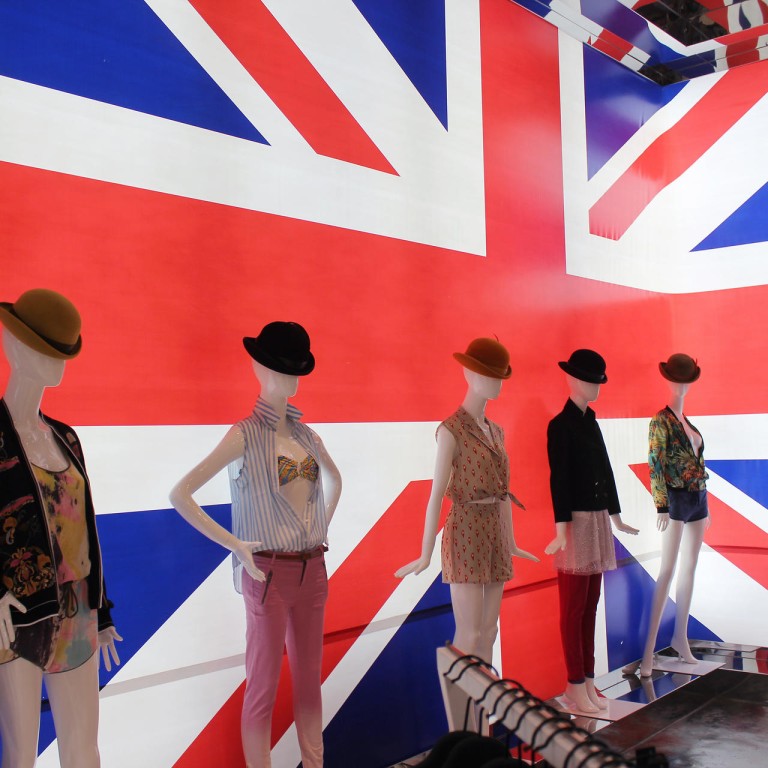
Topshop sets sights on 'pop-up' campaign
UK clothing retailer hopes to open up to 30 outlets on the mainland in its expansion push after the success of its Shenzhen experiment
Arcadia, the British clothing retailer owned by Philip Green, plans to embark on an aggressive expansion campaign that could see it opening up to 30 "pop-up" outlets on the mainland.
Green's empire, which spans eight high-street brands, opened a Topshop outlet in Shenzhen 18 months ago and is now preparing to open its next "pop-up" on the mainland in the next six weeks.
"Pop-ups" are temporary shops that move locations frequently and are typically used by smaller firms and brands.
Traditionally, Western retailers have used Hong Kong as a stepping stone to launch a bigger presence on the mainland, a tactic followed by Abercrombie & Fitch, J.Crew and Tommy Bahama last year.
Arcadia did not take this route. Instead, it opened first in Shenzhen in February last year, using the store as a test bed for its venture into greater China. Two months ago, it opened what it has billed as a "flagship" store in Central.
Since its arrival in the market, it has been tweaking and refining its China strategy, testing layouts, interior styling and, most importantly, the fashion range likely to make the biggest impact with buyers in Hong Kong and on the mainland.
The group bills itself as Britain's biggest privately owned fashion retailer, with eight major high-street brands: BHS, Burton, Dorothy Perkins, Evans, Miss Selfridge, Topshop, Topman and Wallis.
Sources told the that a Shanghai flagship store was also on the cards because it shared many similarities to Hong Kong's retail market.
Michael Cheng Woon-yin, Hong Kong retail and consumer leader at PricewaterhouseCoopers, said the direction Arcadia was taking was the right one.
"It's not bad to have that kind of strategy. In particular, if you look at Hong Kong, it is more of a showcase for the Chinese," Cheng said. "But Hong Kong is still a tiny market in terms of population. Even if you include tourists, we are still a secondary market compared to China.
"Recently, the so-called economic conditions in China and the rest of the world have actually lowered a bit the growth rate of retail [businesses] over the past year."
August sales rose 12.8 per cent year on year on the mainland, although the growth rate was still below the 13.2 per cent posted in July. However, according to Reuters, the increase failed to boost sentiment among the top 20 mainland retailers.

